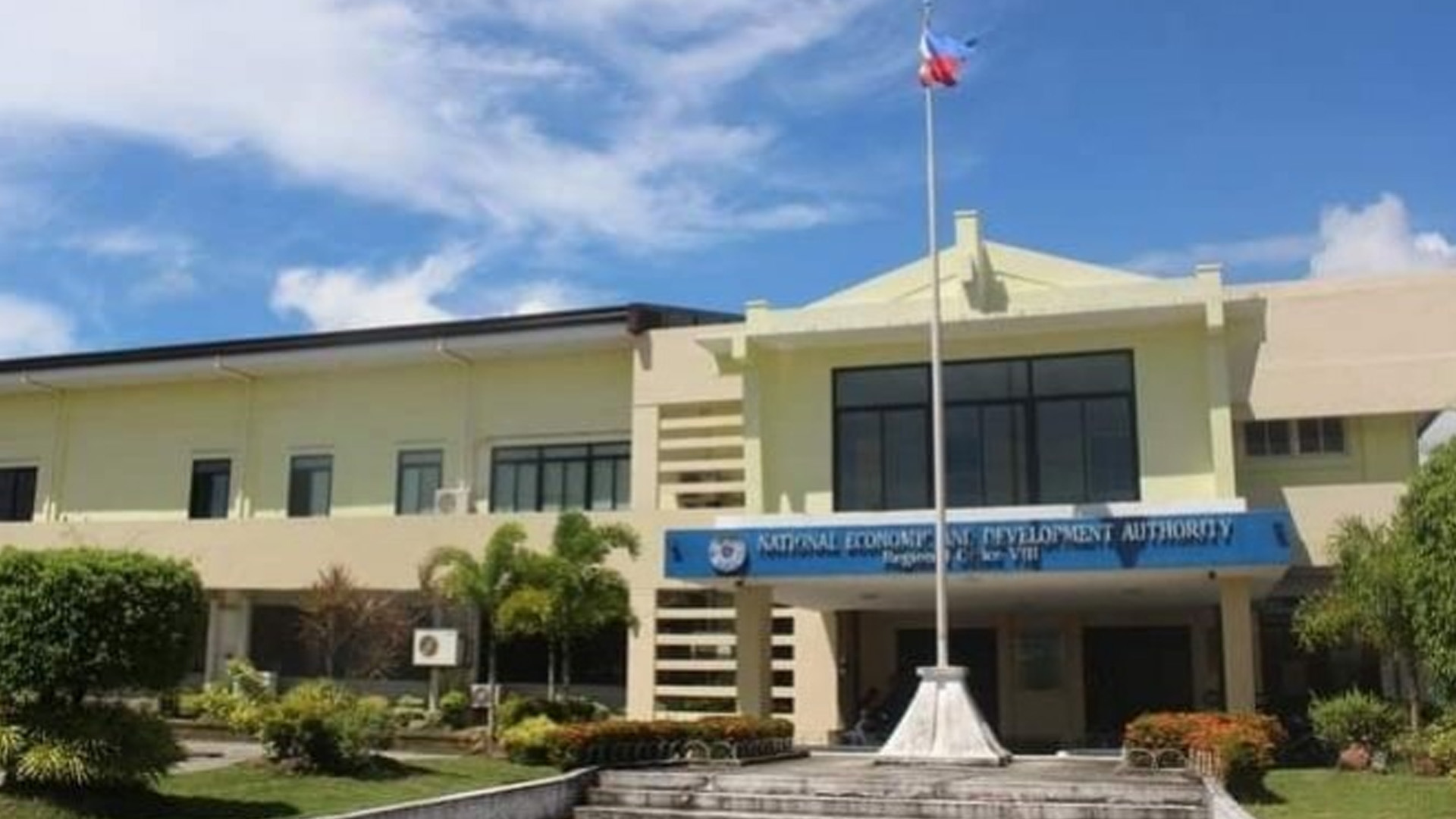The National Economic and Development Authority (NEDA) regional office said sustained economic growth contributed to the 1.9 percent reduction in poverty incidence in Eastern Visayas last year.
NEDA Assistant Regional Director Jam Colas-Villaber attributed the decline in poverty to the region’s robust economic performance, with the gross regional domestic product expanding by at least 6 percent annually from 2021 to 2023.
“Sustained growth, driven by key sectors such as agriculture, services, and infrastructure, has been crucial in creating jobs and improving household incomes,” Villaber said in a phone interview Tuesday.
Eastern Visayas posted a 20.3 percent poverty incidence in 2023, lower by 1.9 percentage points from the 22.2 percent posted in 2021, as reported by the Philippine Statistics Authority.
This means that 10,264 more people in Eastern Visayas have been lifted out of poverty during the three-year period, Villaber said.
NEDA remains optimistic that the strategies outlined in the Eastern Visayas Regional Development Plan (RDP) 2023-2028 will further accelerate economic growth and deepen poverty reduction efforts.
“NEDA in Region 8 remains committed to its mission of reducing poverty through strategic planning, investment programming, and partnerships with both the public and private sectors. The agency’s role in guiding policies and programs will be critical in sustaining the region’s development gains and lifting more families out of poverty,” she added.
The RDP focuses on fostering a business-friendly environment, generating more quality employment, and ensuring food security, which are vital components of the region’s long-term development strategy.
Key projects endorsed by the Regional Development Council are the Samar Island Medical Center in Calbayog City with initial funding of PHP477.68 million, and the PHP8-billion Basic Education Facilities funding.
Villaber said these projects are expected to make significant contributions to poverty alleviation.
These initiatives align with NEDA’s policy of prioritizing investments in health and education, recognizing the importance of human capital development in reducing poverty over the long term. (PNA)








